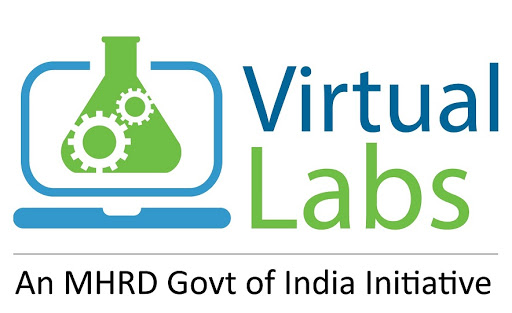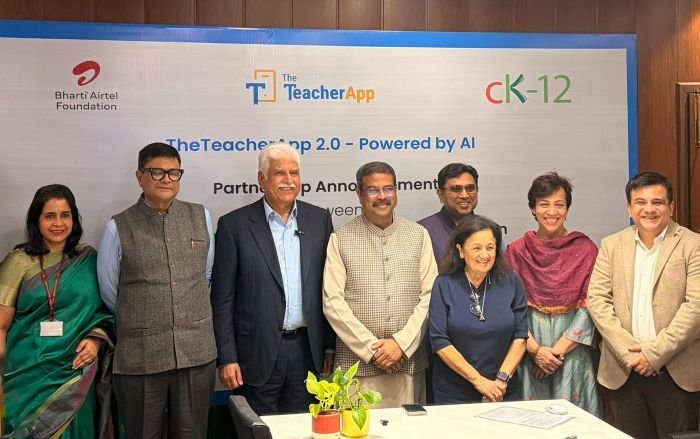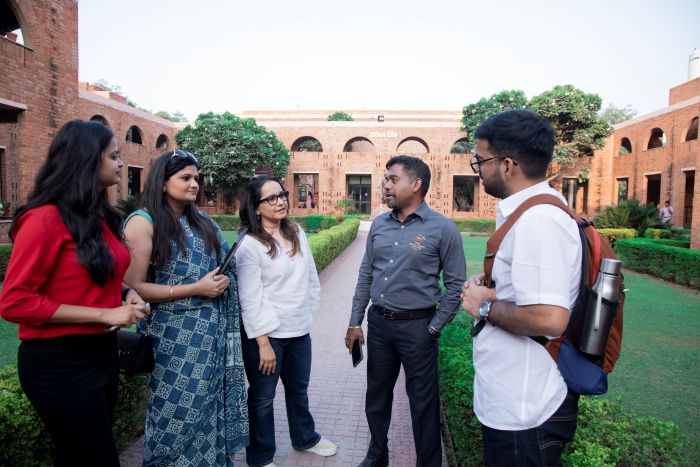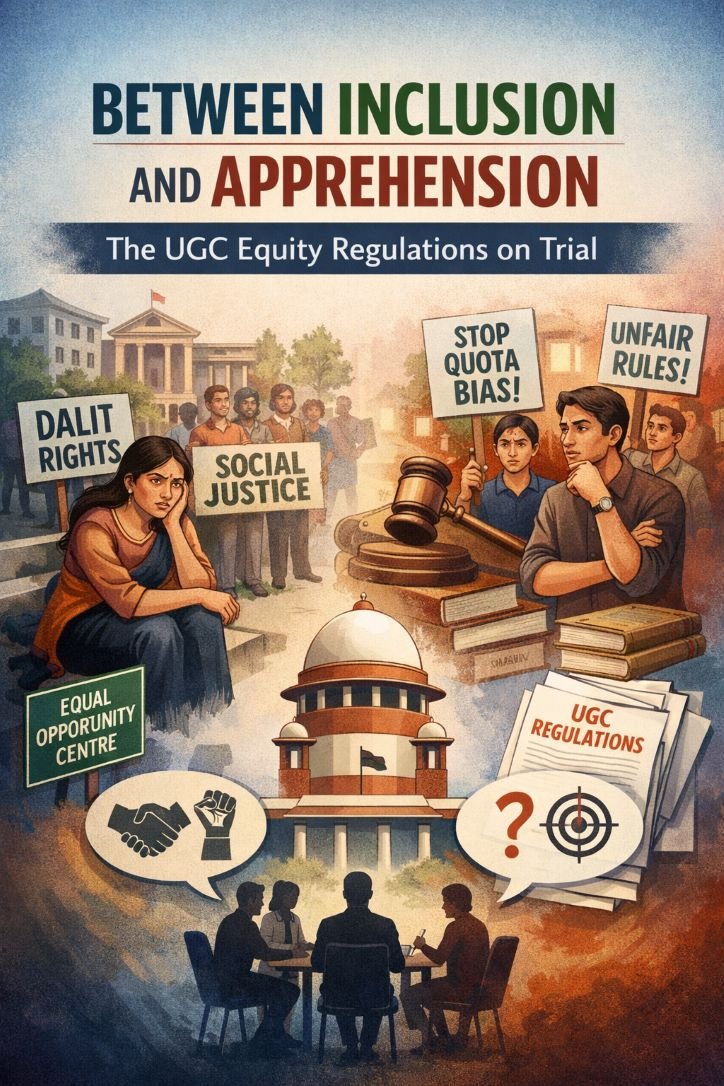
While thinking about any college or university in India, the first thing that comes to mind is the size of campus crowd as typically the student enrolment runs into thousands, much more than the busiest railway station in the country. And, to maintain social distancing looks a hard order to follow and even if sporadic infections are reported, it will mean frequent campus closures to carry out sanitization and necessary quarantines.
In that case, HEIs as a matter of protocol will need to watch out and mandatorily tie up with a medical facility for testing and other procedures. Like this there could be many protocols and norms that will need to be in place when the campuses reopen.

But reopen they must because the system demands so. A full academic year is at stake, so is the health of higher education system. The Covid pandemic arrived at a time, when examinations were nearing to be conducted and the process badly got disrupted. Conduct of examination by HEIs has become the number one challenge of this pandemic. “Even if we go for online exams as it has started getting acceptability, there is a section of students who either don’t have connectivity or device. We will have to hold exams for them as they come back to campus. So two exams, then evaluation and result declaration will depend on several factors,” says Prof Sandeep Sancheti, Vice Chancellor, SRMIST, Chennai and a former president of AIU (Association of Indian Universities).
Secondly, the cash flow has stopped and finances of HEIs in particular that of the private universities and colleges have become risky and uncertain. Switching over to online mode entails investments on new infra and software procurements. Setting up of studios, production centres, servers, cyber security, licensing, faculty training and support staff—all will add to costs.
There is an agreement that about 60-70% of laboratory training can be done with virtual labs and given the compulsion of the time; it is an opportunity to just go there and make the investment.

Experts are of the opinion that the transformation and change that this pandemic has forced needs to be taken into stride and enabling regulations must be put in place as soon as possible. There is need to redefine online as even those who are regular campus students will also need the choice and flexibility of attending the classes online. Autonomy for institutions in these matters can empower them to pass this flexibility to teachers who as per need can devise learning/teaching plans.
Among the announcements made by the union Finance Minister, Nirmala Sitharaman in the ‘Atmanirbhar Bharat’ stimulus package, was e-vidya program and talk of 100 universities being permitted to start online courses. According to sources this is being revisited and soon a formula will be announced as to who all can start this. However, a dominant view is that this choice should be extended to all universities so that one semester at least can happen without the necessity of on campus regular classes.
Given the pace of change that is taking place in the work world, the need to upskilling and acquiring new skills or lifetime learning concept has become mainstream and gradually a new extension of universities and much of this learning has to be online. So, online regulations will have to be eased. The old notions about distance education and online will have to go with optimism and new definitions. There is improvement and acceptability at every level.

There is also an argument in providing an enabling regulatory environment in the country because of restrictions ‘enforced’ by Covid pandemic on international student mobility and education itself. Those going abroad to study do it more for experiencing the living, diversity and culture of those counties than purely academics. In addition, the issue of affordability as incomes of families have depleted or vanished and visa & travel restrictions, will force a large number of students otherwise going abroad in continuing their study domestically.
Meanwhile most universities in the country are admitting students as per routine policy. In some cases, for instance in courses like for engineering and medicine waiting for JEE and NEET examination process to complete. “We are starting our classes and new academic session as per schedule and there may have to some adjustments owning to CBSE results and entrances like JEE, but we are decided to start the session in July but it will be entirely online till reopening guidelines are out,” says Prof Sandeep Sancheti.
By Autar Nehru







